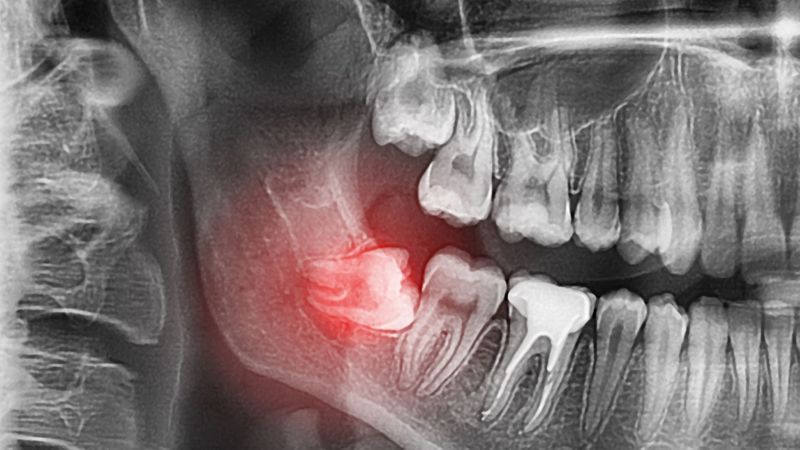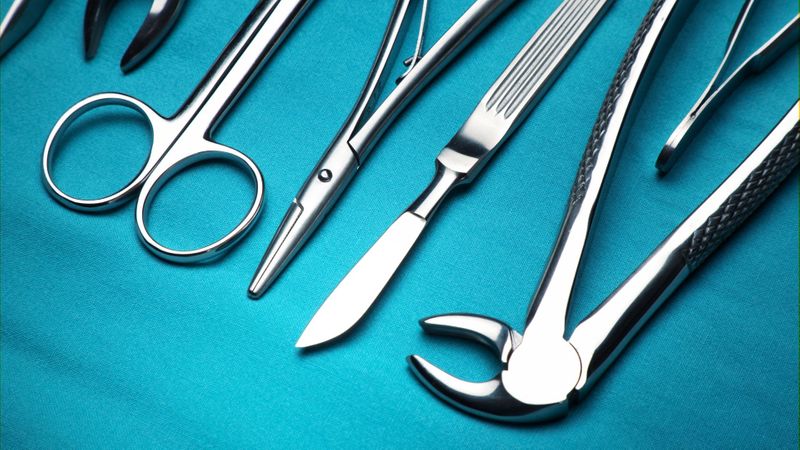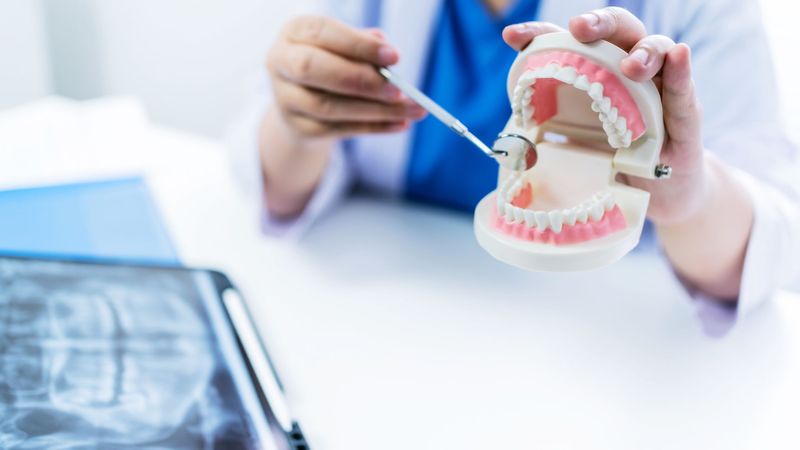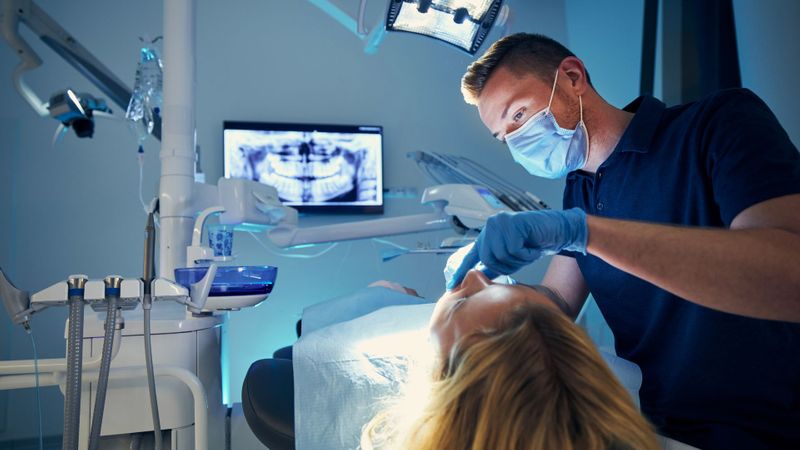Blog
Recent Updates
The Dos And Don'ts After Wisdom Teeth Removal
Recovering from wisdom teeth extraction, whether for impacted wisdom teeth or preventive reasons, requires careful attention to ensure a smooth healing process. Following the right post-surgery care steps can significantly affect your recovery, minimizing discomfort and avoiding complications. Alaska Center for Oral + Facial Surgery is here to guide you through the essential steps to take after the procedure..
moreAn Insider's Guide To Wisdom Teeth Surgery: What To Expect
Wisdom teeth surgery is a common procedure that many people undergo, typically in their late teens or early twenties. Whether you're facing impacted wisdom teeth, concerned about the cost of wisdom teeth removal, or need emergency wisdom tooth removal in Anchorage, this guide will help you understand the process and what to expect before, during, and after your surgery.
moreThe Role Of Oral Surgeons In Enhancing Facial Aesthetics
Oral surgery is often associated with procedures such as tooth extractions and jaw surgeries. However, oral surgeons also play a significant role in enhancing facial aesthetics. The highly trained specialists at Alaska Center For Oral + Facial Surgery are not only skilled in performing surgical procedures inside the mouth, but they also have in-depth knowledge and experience in treating underlying structures contributing to facial appearance.
moreAddressing Unique Oral Surgery Challenges And Considerations For Seniors
As we age, our oral health needs change. For seniors, this can include facing unique challenges and considerations when it comes to oral surgery. Whether it's due to the natural aging process or underlying medical conditions, seniors may require additional care and attention during oral surgeries. At Alaska Center For Oral + Facial Surgery, we know that understanding common challenges and considerations seniors may face with oral surgery is key. Keep reading to learn more about these considerations and how they can be addressed.
moreThe Science Behind Facial Surgery: Understanding The Procedures
Facial surgery is a complex and ever-evolving field that encompasses a wide range of procedures aimed at improving the aesthetics and functionality of the face. From corrective jaw surgery to cleft lip/palate surgery, the Alaska Center for Oral & Facial Surgery specializes in providing advanced surgical treatments to patients in Anchorage, AK. Let’s delve into the science behind different facial surgery procedures offered by our board-certified surgeons.
more4 Most Common Oral Surgery Procedures
Oral surgery plays a crucial role in maintaining oral health and enhancing overall well-being. The Alaska Center for Oral & Facial Surgery in Anchorage, AK, stands out as a premier clinic offering cutting-edge surgical solutions led by board-certified surgeons. Let’s dive into the four most common oral surgery procedures that can transform lives and restore smiles so you can make the best decisions for your teeth.
moreWelcome
Welcome to our site! We are in the process of building our blog page and will have many interesting articles to share in the coming months. Please stay tuned to this page for information to come. And if you have any questions about our business or want to reach out to us, we would love for you to stop by our contact page.
Thank you!
more





